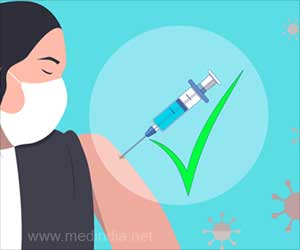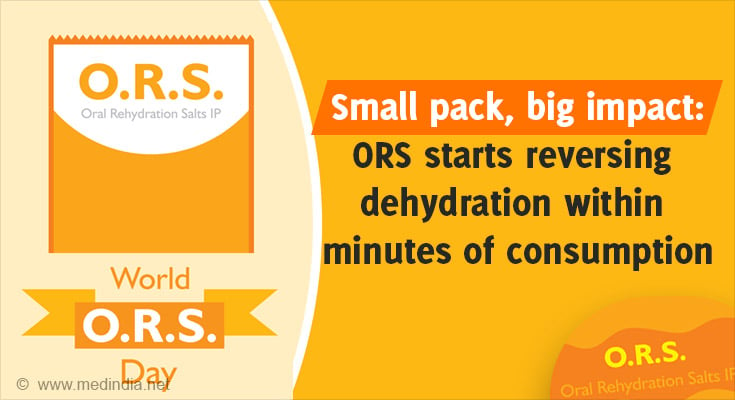In a groundbreaking study led by the University of Queensland, researchers have unveiled a significant revelation regarding the relationship between body weight and the body’s immune response to SARS-CoV-2, the virus responsible for COVID-19. Contrary to previous assumptions, the research indicates that being overweight can impair the body’s antibody response to a natural infection but does not compromise the effectiveness of the immune response triggered by vaccination. This nuanced understanding sheds light on the complex interplay between weight, immunity, and the ongoing battle against the global pandemic.
Link Between Weight and COVID-19 Severity
The research, spearheaded by Marcus Tong, a Ph.D. candidate in the School of Chemistry and Molecular Biosciences, builds upon earlier findings that established a correlation between being overweightdistinct from obesityand increased severity of SARS-CoV-2 infection. Tong emphasizes, “We’ve previously shown that being overweight increases the severity of SARS-CoV-2.” This serves as a critical backdrop to the current study, which sought to delve deeper into the impact of weight on the body’s immune response.
Impaired Antibody Response Post-Infection
Blood samples were collected from individuals who had recovered from COVID-19 and remained uninfected during the study period-approximately 3 months and 13 months post-infection. The results were revealing. “At 3 months post-infection, an elevated BMI was associated with reduced antibody levels,” Tong explained. Moreover, at 13 months post-infection, an elevated BMI correlated not only with diminished antibody activity but also a reduced percentage of B cells, crucial for building antibodies that combat COVID-19.
Weight’s Limited Influence on Vaccination Response
In a surprising turn, the study found that an elevated BMI did not impact the antibody response to COVID-19 vaccination approximately 6 months after the second vaccine dose. This discovery is significant, indicating that while being overweight may compromise the response to a natural infection, it does not undermine the protection offered by vaccination.
Implications for Health Policy Around COVID-19 Boosters
Associate Professor Kirsty Short, part of the research team, underscores the broader implications of these findings for shaping health policy. She notes, “If infection is associated with an increased risk of severe disease and an impaired immune response for the overweight, this group has a potentially increased risk of reinfection.” As a response, she emphasizes the heightened importance of vaccination for individuals in this category.
Dr. Short goes further to challenge existing health policies related to boosters and lockdowns. “From a public health perspective, this data draws into question policies around boosters and lockdowns,” she asserts. The research team suggests the need for more personalized recommendations tailored to overweight individuals, not just for managing ongoing COVID-19 challenges but also for addressing potential future pandemics.
Global Implications and the Call for Vaccination Equity
The study underscores a critical global dimension, particularly concerning low-income countries where a high percentage of the population is overweight. Dr. Short stresses the urgency of improving SARS-CoV-2 vaccination in these regions, where dependence on infection-induced immunity is prevalent. This call for vaccination equity highlights the need for targeted efforts to ensure that vulnerable populations worldwide have equal access to protection against COVID-19.
The University of Queensland-led research adds a new layer of understanding to the intricate relationship between body weight, immune response, and COVID-19 outcomes. As the world continues its battle against the pandemic, these findings offer crucial insights that can inform more nuanced and effective public health strategies. From personalized recommendations for the overweight to global efforts in vaccination equity, the research opens avenues for a more targeted and inclusive approach in the ongoing fight against SARS-CoV-2.
Advertisement
References:
- Elevated BMI reduces the humoral response to SARS-CoV-2 infection
Tong MZ, Sng JD, Carney M, Cooper L, Brown S, Lineburg KE, Chew KY, Collins N, Ignacio K, Airey M, Burr L, Joyce BA, Jayasinghe D, McMillan CL, Muller DA, Adhikari A, Gallo LA, Dorey ES, Barrett HL, Gras S, Smith C, Good-Jacobson K, Short KR. Elevated BMI reduces the humoral response to SARS-CoV-2 infection. Clin Transl Immunology. 2023 Dec 3;12(12):e1476. doi: 10.1002/cti2.1476. PMID: 38050635; PMCID: PMC10693902.
Source: Medindia



